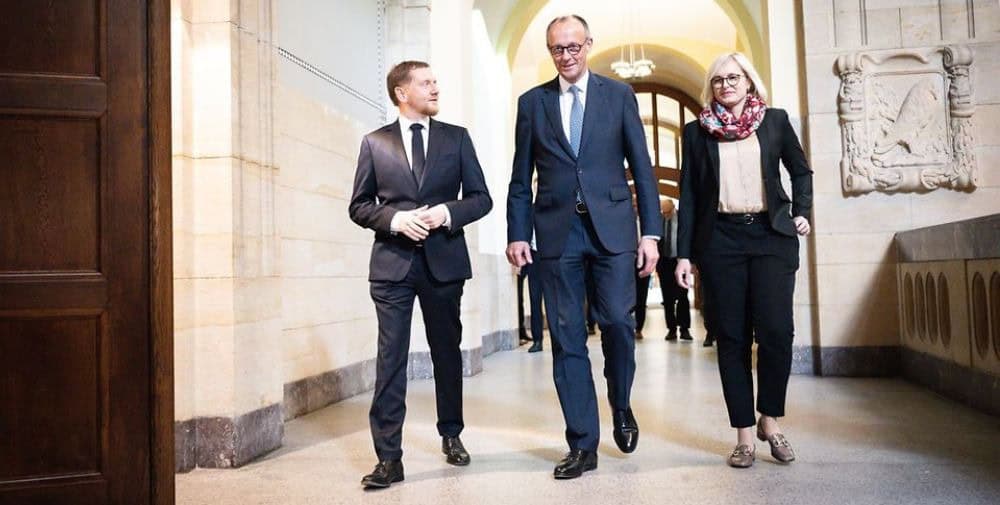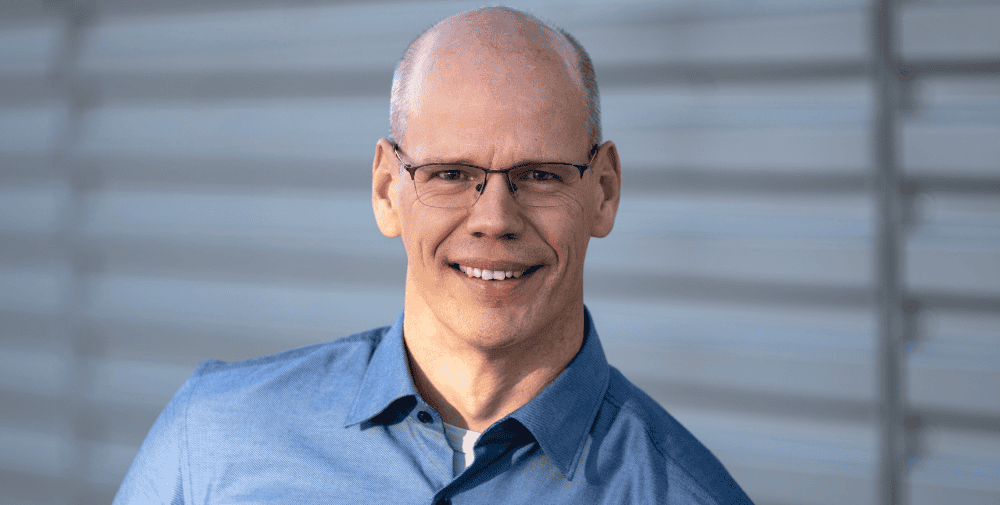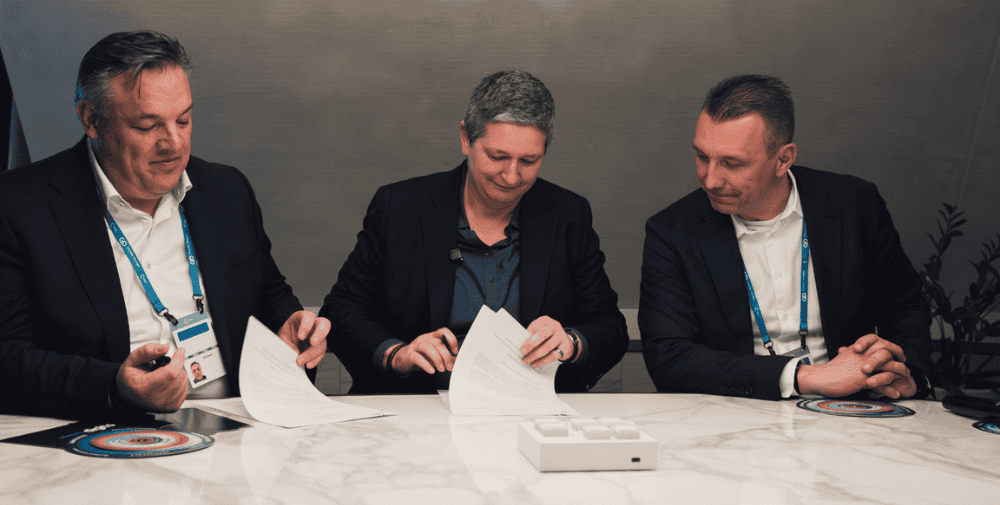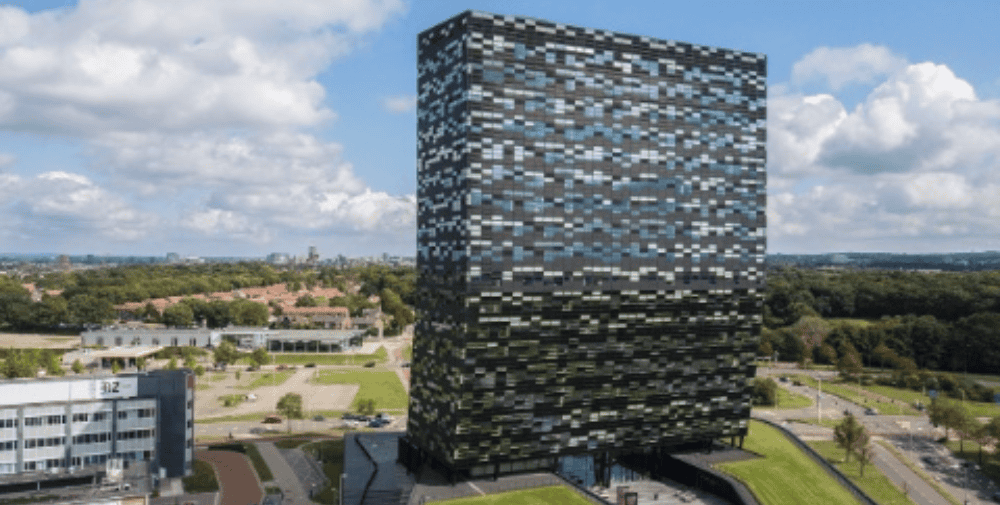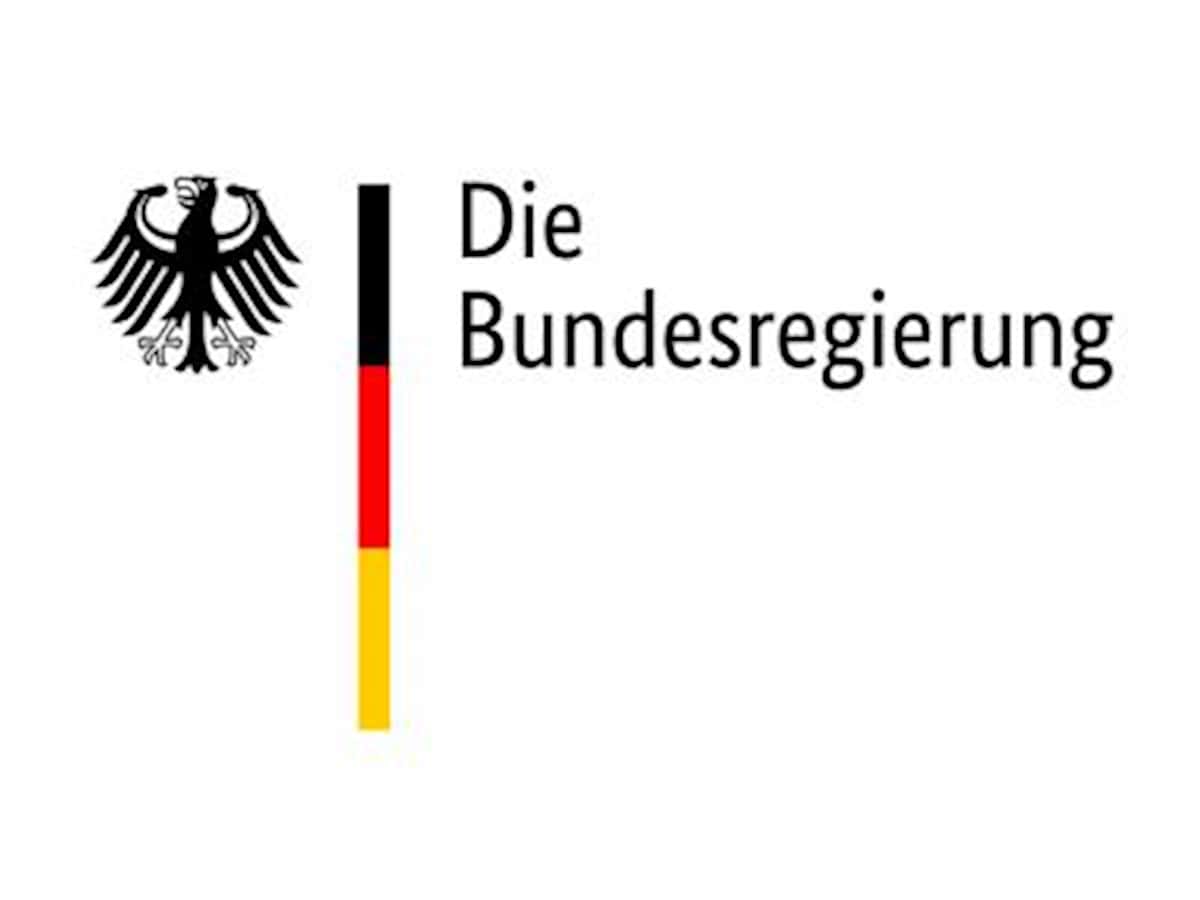
At the halfway point of his state visits – this was the eighth stop – Federal Chancellor Friedrich Merz was a guest in the Free State of Saxony. In Dresden, he was received by Prime Minister Michael Kretschmer and took part in a meeting of the Saxon cabinet.
The exchange focused on Saxony’s cultural and industrial tradition, the successful structural change since the 1990s and the state’s future as a modern industrial location. The role of the skilled trades and the challenges facing SMEs were also discussed.
Saxony as an important location for microelectronics
The Chancellor praised the state’s economic transformation and innovative spirit and emphasized Saxony’s importance for Germany’s technological future. Saxony is a place “that can look back on a very long industrial tradition, but also has very good prospects for the future”, said Chancellor Merz.
The most important facts in brief
- Tradition and modernity: Saxony is an industrial location rich in tradition and at the same time very modern, emphasized the Chancellor after the cabinet meeting. The state has a “very good perspective for the future”.
- Importance of the skilled trades: Germany also has great strengths due to its diversity, said the Chancellor. In order to once again give “weight and voice” to dual training in particular, he deliberately visited a skilled trades center.
- High-tech location: With “Silicon Saxony”, Saxony is a leading microelectronics location. The infrastructure required for this must be ensured.
- Modern infrastructure: Renovation and modernization of transport routes – but also the construction of new connections – are a central concern of the federal government. Specifically, the government wants to work on financing train connections to Poland and the Czech Republic.
Read the press statements by Federal Chancellor Merz and Minister President Kretschmer here:
Minister President Kretschmer:
Good afternoon, ladies and gentlemen! We have just come from the joint cabinet meeting. I think it is also a great signal of appreciation and joint work that the Federal Chancellor is going to the federal states and saying quite deliberately: I would like to talk to the political leaders there. Thank you very much for that!
I think we have noticed that there is a very positive spirit, a shared idea that the most important thing we need to do in Germany at the moment is to ensure that our economic power can move forward again, that we need to work on this together. I am also pleased that this is the common spirit in our Saxon state government.
Welcome, Friedrich Merz, to the Free State of Saxony, a state that has a great tradition! We have seen it: on the one hand, our Sorbian fellow citizens, a great treasure, an incredible wealth, and on the other, the miners from the Ore Mountains. It is a country that has a great culture and loves and honors it, but it is also a country that is striving forward. We are about to see the ultra-modern crafts and microelectronics, something we have built up together. Saxony is the place for microelectronics. This would not have been possible without the joint efforts of the federal government, the European Union and us in the Free State of Saxony. In the meantime, however, it is something that we need for the whole of Europe. We will work together to ensure that this continues.
All of the issues we have just discussed are important for Germany: air traffic, rail traffic, how the economy will continue to develop. I think we can say that we have a common spirit. We want Germany to be successful. We want the Federal Government to be successful. We are interested in working together.
Chancellor Merz:
Mr. Prime Minister, dear Michael Kretschmer, ladies and gentlemen, thank you very much for the warm welcome here in Dresden in the Free State of Saxony. This is the eighth state visit today, half-time so to speak. I was pleased to accept the invitation from the Minister Presidents of all 16 federal states. We discussed this immediately after I took office in May. I will complete this before the end of the year so that I have been to all 16 federal states by the end of the year. This gives me an insight into the differences between many states, but it also gives me an insight into the similarities and also the challenges that we have to shoulder and face.
Saxony is an old, traditional and at the same time very modern industrial location. Saxony has always been an industrial state, long before the Second World War and also long before the First World War. The Leipzig Trade Fair dates back to the Middle Ages. In this respect, I find myself here in a place that can look back on a very long industrial tradition, but which also has very good prospects for the future. Microelectronics – as the Minister President mentioned – will be the subject of another visit in a moment.
I will also be deliberately going to a crafts center, a training center for the trades. As you know, Jörg Dittrich, the president of the Dresden Chamber of Crafts, is also the president of the German Confederation of Skilled Crafts, which is currently the only major association president who comes from the East, which I very much welcome. We both know each other well. He visited me in my constituency a few weeks ago for a major award ceremony for master craftsmen. We are going there today to once again give weight and a voice to the skilled trades and, above all, to dual training. I am doing this out of the deepest conviction, because Germany simply has great strengths due to its diversity. We have just discussed this in the cabinet.
I would like to briefly touch on the topics we discussed there. We have a strong SME sector here in Saxony. We have a strong automotive supply industry here, which is confronted with all the problems that we are currently seeing in the automotive industry. That is why I would like to thank the Minister President, Michael Kretschmer, once again today for the very detailed paper that the Minister Presidents adopted last Friday in Mainz and which, in my view, is truly groundbreaking, also for the future of the automotive industry in Germany and in Europe.
But we will also take a look at some technologies that will reach far into the future, for example what is called Silicon Saxony in Saxony, i.e. practically the location for microelectronics and further development here. Saxony must have the necessary infrastructure for this. We have talked about this.
For the federal government, the renovation and modernization of existing transport routes are key, but also new transport routes. It was mentioned in the cabinet and I would like to repeat it here once again: The train connections, for example from Dresden via Görlitz to Wroclaw, but also the train connection from Berlin to Warsaw and from Dresden to Prague are important train connections that are included in the coalition agreement, but which we have not yet funded sufficiently. We will have to talk about this again in Berlin.
I am looking forward to the further impressions that I can take with me from Saxony today and would like to thank the miners once again for their hospitality, as well as the Sorbs, a minority here in this country, a very friendly minority. I got to know them through one of Michael Kretschmer’s predecessors, Stanislaw Tillich, whom I hosted when he was an observer in the European Parliament, sent from Saxony at a time when Saxony did not yet have any MEPs. Since then, at the latest, I have known what the Sorbs are and what makes them special.
So, dear Michael, thank you once again for your hospitality!
Prime Minister Kretschmer:
Have fun!
The gift I received was an angel and a miner. I know there is a huge candle arch in the Chancellery. We also provided that. There is a Herrnhut poinsettia. But this important part of Erzgebirge art is missing, an angel – that was the symbol when a girl was born – and a miner, the symbol when a boy was born. That’s what it needs. That’s what makes the whole thing perfect. I hope it finds a good place in the Chancellery.
Chancellor Merz:
I’m sure it will. Thank you very much!
– – – – –
Further links
👉 www.bundesregierung.de
Photo: Federal Government/Sandra Steins
